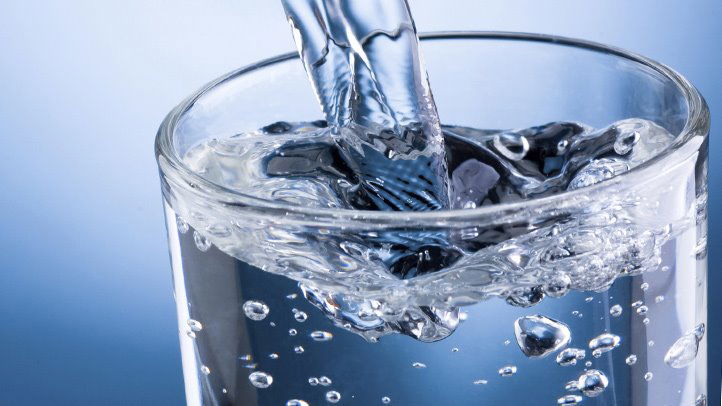
RECENT STUDIES AND ADVICE
A 2016 study suggests that drinking more water can reduce intake of calories, sugar, salt, saturated fat and cholesterol. Another 2016 study suggests that water instead of diet beverages may help weight loss for diabetics.
A 2015 study concluded that a range of sports, to avoid fatal drops in low blood sodium and hyponatremia (low blood sodium) one should drink when thirsty. NHS Choices advise that as a guide, "... passing pale or clear-coloured urine (wee) is a good sign that you're well hydrated."
The NHS Eatwell Guide says, "drink six to eight glasses of fluid a day. Water, lower fat milk and sugar-free drinks including tea and coffee all count." whereas the National Academies of Sciences, Engineering, and Medicine advises women to have around 2.7 litres daily from all beverages and foods and for men 3.7 litres. One GP, writing in the BMJ in 2011, asserted that there is no evidence to support the NHS advice.
People on medication need to check whether dehydration is one of the side-effects and one should consult a GP to seek advice.


